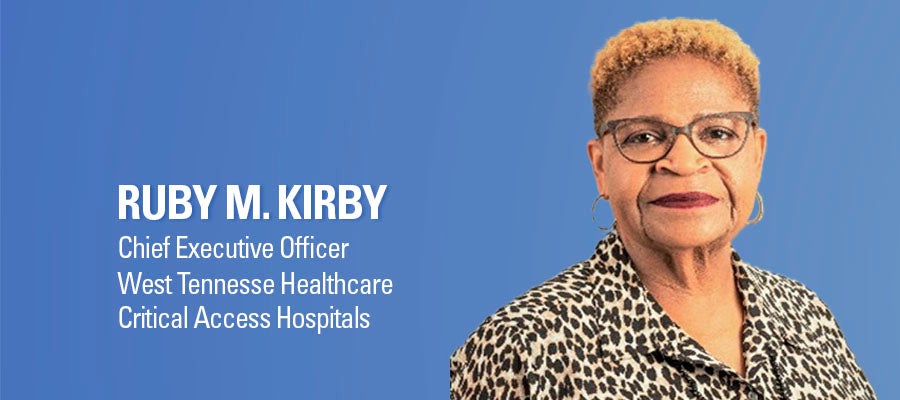I Want to Be Just Like You! No, You Want to Be Better Than Me!

Growing up in rural West Tennessee on a farm with eight sisters and brothers, it did not take long to recognize the lack of health care for the community. I only knew one doctor and zero nurses until I was in middle school. In the late 1960s and ’70s, most of my family members would treat themselves with home remedies instead of going to the doctor. I would be lying if I said nursing was always my chosen career path. In fact, it was my younger sister who first started talking about becoming a nurse in high school. She became interested in nursing after my mother started working in a long-term care facility as a cook. My goal was to become a teacher. It was not until I was a junior in high school that a recruiter from Union University came to my high school to talk about nursing that I decided this was something I could do!
My time in nursing school and taking state board exams was one of the hardest things I have ever done! In fact, I was ready to give up after failing my last semester of nursing school. I remember telling my mother I could not do this and her telling me “You can do anything if you put your mind to it!” When I took my RN state board exam, it was a two-day test. The first day was very hard and I remember calling my mother to tell her that I should probably come home because I felt I had already failed. My mother told me, “You might as well stay for the second day so you’ll know what is on the exam if you have to repeat it.” Great advice from a wise woman.
I was fortunate to have a group of people from my family, community and work environment that served as mentors, cheerleaders and supporters. These individuals pushed and supported me as a young nursing unit charge nurse to become only the second African American nursing director for Jackson Madison General Hospital. These same individuals were there again in 2000 to support me when I became the first African American chief nursing officer at Bolivar General and in 2003, when I became the first African American female chief executive officer in the West Tennessee health care system.
Today, I still have an amazing group of people who support me.
As the only Black female CEO of a hospital in Tennessee, I focus on improving the quality of life for everyone in our communities. I’m driven to improve communities that do not have access to health care, food, safe places to live and transportation.
I believe it is my duty to pay it forward by mentoring and sponsoring others on their journey to achieve their goals. It is important for me to encourage, push and serve as a role model for very young children as well as those trying to decide on their ultimate goals. I want to be a mentor for others to step out and go for that “position.” Although they may not get it on their first try, they do get experience with the application and interview process. Many of them tell me “I want to be just like you when I grow up,” and my response to them is “No, you want to be better than me!”
Ruby M. Kirby is the chief executive officer of West Tennessee Health Care Critical Access Hospitals.
